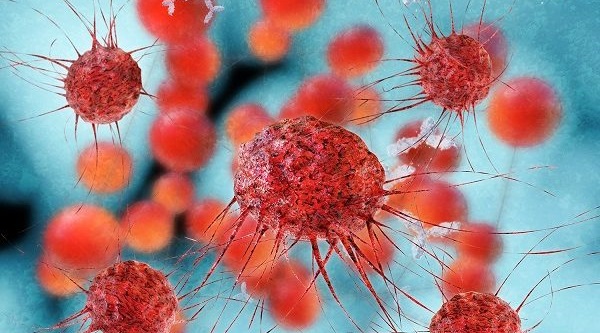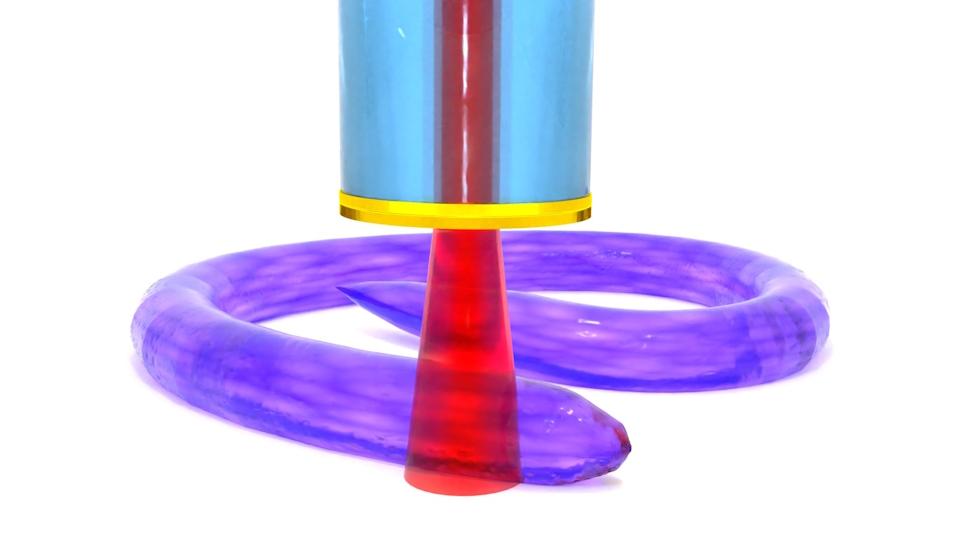NICE rejects Shire pancreatic cancer drug

Shire’s latest pancreatic cancer drug should not be funded by the National Health Service, or by the Cancer Drugs Fund, according to latest draft guidance from NICE.
The first draft guidance assessed Shire’s Onivyde (pegylated liposomal irinotecan) in metastatic adenocarcinoma of the pancreas that has progressed after gemcitabine-based therapy, in combination with 5-fluorouracil chemotherapy and leucovorin booster.
There is a poor prognosis for this disease, limited treatment options and survival may be less than six months.
Clinical evidence suggests Onivyde adds an extra 1.9 months to life compared with the chemotherapy regimen alone.
But NICE said the survival gain was not justified by the drug’s high price, noting that the price per QALY gained is likely around £100,000, well above NICE’s usual threshold of £30,000.
The cost for a two-week treatment cycle is £1,846, based on three vials per dose.
NICE’s independent assessment committee also decided that Onivyde did not extend survival for long enough to qualify for its end-of-life criteria, preventing further leeway when reaching its decision.
Shire has not made a case for Onivyde to be reimbursed by the Cancer Drugs Fund (CDF).
And although NICE said there was uncertainty in the clinical evidence, there were no ongoing trials to address these issues.
Under new arrangements introduced this year, NICE can recommend CDF funding for drugs for up to two years, if further data is needed to demonstrate cost-effectiveness.
Professor Carole Longson, director of the centre for health technology evaluation at NICE, said: “We know that people with pancreatic cancer have very limited treatment options, so it is disappointing that the cost of pegylated liposomal irinotecan means that it is too expensive for us to recommend."
“As this guidance is currently at a draft decision phase, we would welcome further discussions with the company to see how we can make the drug available to patients within the NHS.”
NICE is consulting on the guidance until December 6, and will then publish a final draft.













